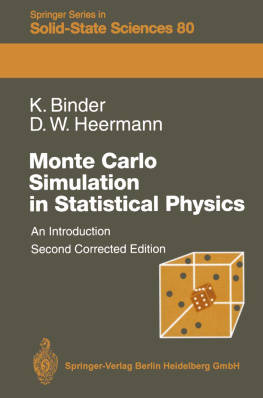Matthias Templ [Matthias Templ] - Simulation for Data Science with R
Here you can read online Matthias Templ [Matthias Templ] - Simulation for Data Science with R full text of the book (entire story) in english for free. Download pdf and epub, get meaning, cover and reviews about this ebook. year: 2016, publisher: Packt Publishing, genre: Computer. Description of the work, (preface) as well as reviews are available. Best literature library LitArk.com created for fans of good reading and offers a wide selection of genres:
Romance novel
Science fiction
Adventure
Detective
Science
History
Home and family
Prose
Art
Politics
Computer
Non-fiction
Religion
Business
Children
Humor
Choose a favorite category and find really read worthwhile books. Enjoy immersion in the world of imagination, feel the emotions of the characters or learn something new for yourself, make an fascinating discovery.
- Book:Simulation for Data Science with R
- Author:
- Publisher:Packt Publishing
- Genre:
- Year:2016
- Rating:4 / 5
- Favourites:Add to favourites
- Your mark:
Simulation for Data Science with R: summary, description and annotation
We offer to read an annotation, description, summary or preface (depends on what the author of the book "Simulation for Data Science with R" wrote himself). If you haven't found the necessary information about the book — write in the comments, we will try to find it.
Harness actionable insights from your data with computational statistics and simulations using R
About This Book
- Learn five different simulation techniques (Monte Carlo, Discrete Event Simulation, System Dynamics, Agent-Based Modeling, and Resampling) in-depth using real-world case studies
- A unique book that teaches you the essential and fundamental concepts in statistical modeling and simulation
Who This Book Is For
This book is for users who are familiar with computational methods. If you want to learn about the advanced features of R, including the computer-intense Monte-Carlo methods as well as computational tools for statistical simulation, then this book is for you. Good knowledge of R programming is assumed/required.
What You Will Learn
- The book aims to explore advanced R features to simulate data to extract insights from your data.
- Get to know the advanced features of R including high-performance computing and advanced data manipulation
- See random number simulation used to simulate distributions, data sets, and populations
- Simulate close-to-reality populations as the basis for agent-based micro-, model- and design-based simulations
- Applications to design statistical solutions with R for solving scientific and real world problems
- Comprehensive coverage of several R statistical packages like boot, simPop, VIM, data.table, dplyr, parallel, StatDA, simecol, simecolModels, deSolve and many more.
In Detail
Data Science with R aims to teach you how to begin performing data science tasks by taking advantage of Rs powerful ecosystem of packages. R being the most widely used programming language when used with data science can be a powerful combination to solve complexities involved with varied data sets in the real world.
The book will provide a computational and methodological framework for statistical simulation to the users. Through this book, you will get in grips with the software environment R. After getting to know the background of popular methods in the area of computational statistics, you will see some applications in R to better understand the methods as well as gaining experience of working with real-world data and real-world problems. This book helps uncover the large-scale patterns in complex systems where interdependencies and variation are critical. An effective simulation is driven by data generating processes that accurately reflect real physical populations. You will learn how to plan and structure a simulation project to aid in the decision-making process as well as the presentation of results.
By the end of this book, you reader will get in touch with the software environment R. After getting background on popular methods in the area, you will see applications in R to better understand the methods as well as to gain experience when working on real-world data and real-world problems.
Style and approach
This book takes a practical, hands-on approach to explain the statistical computing methods, gives advice on the usage of these methods, and provides computational tools to help you solve common problems in statistical simulation and computer-intense methods.
Downloading the example code for this book. You can download the example code files for all Packt books you have purchased from your account at http://www.PacktPub.com. If you purchased this book elsewhere, you can visit http://www.PacktPub.com/support and register to have the code file.
Matthias Templ [Matthias Templ]: author's other books
Who wrote Simulation for Data Science with R? Find out the surname, the name of the author of the book and a list of all author's works by series.

![Matthias Templ [Matthias Templ] Simulation for Data Science with R](/uploads/posts/book/119614/thumbs/matthias-templ-matthias-templ-simulation-for.jpg)
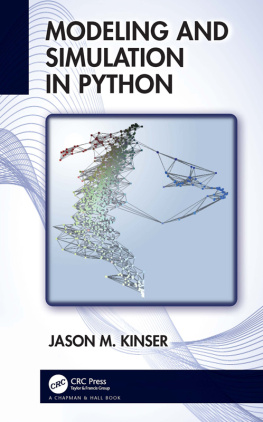
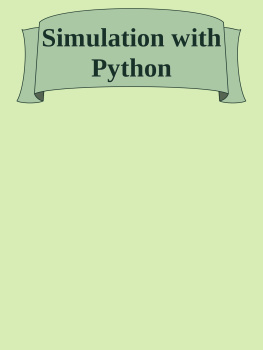

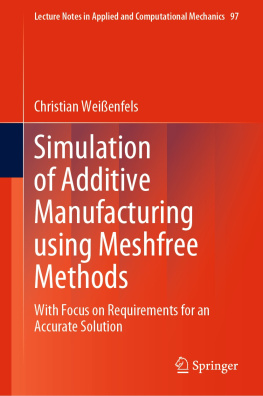
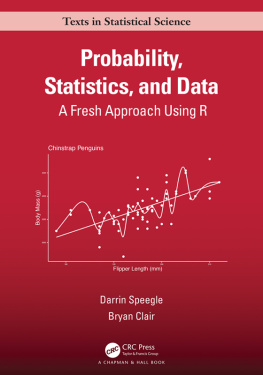
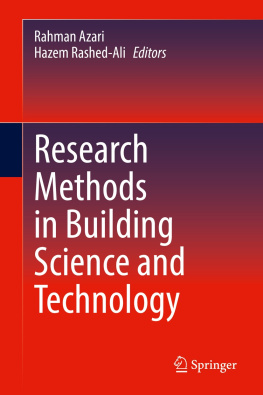

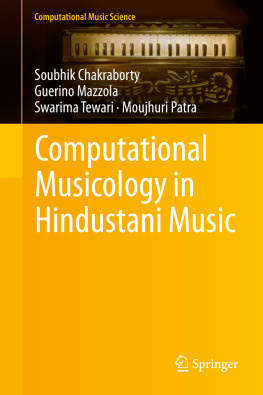
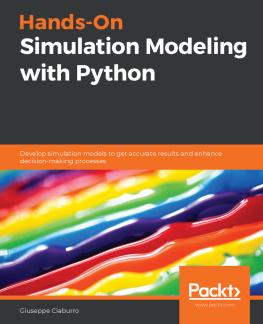
![Thomas Mailund [Thomas Mailund] - Beginning Data Science in R: Data Analysis, Visualization, and Modelling for the Data Scientist](/uploads/posts/book/119629/thumbs/thomas-mailund-thomas-mailund-beginning-data.jpg)
